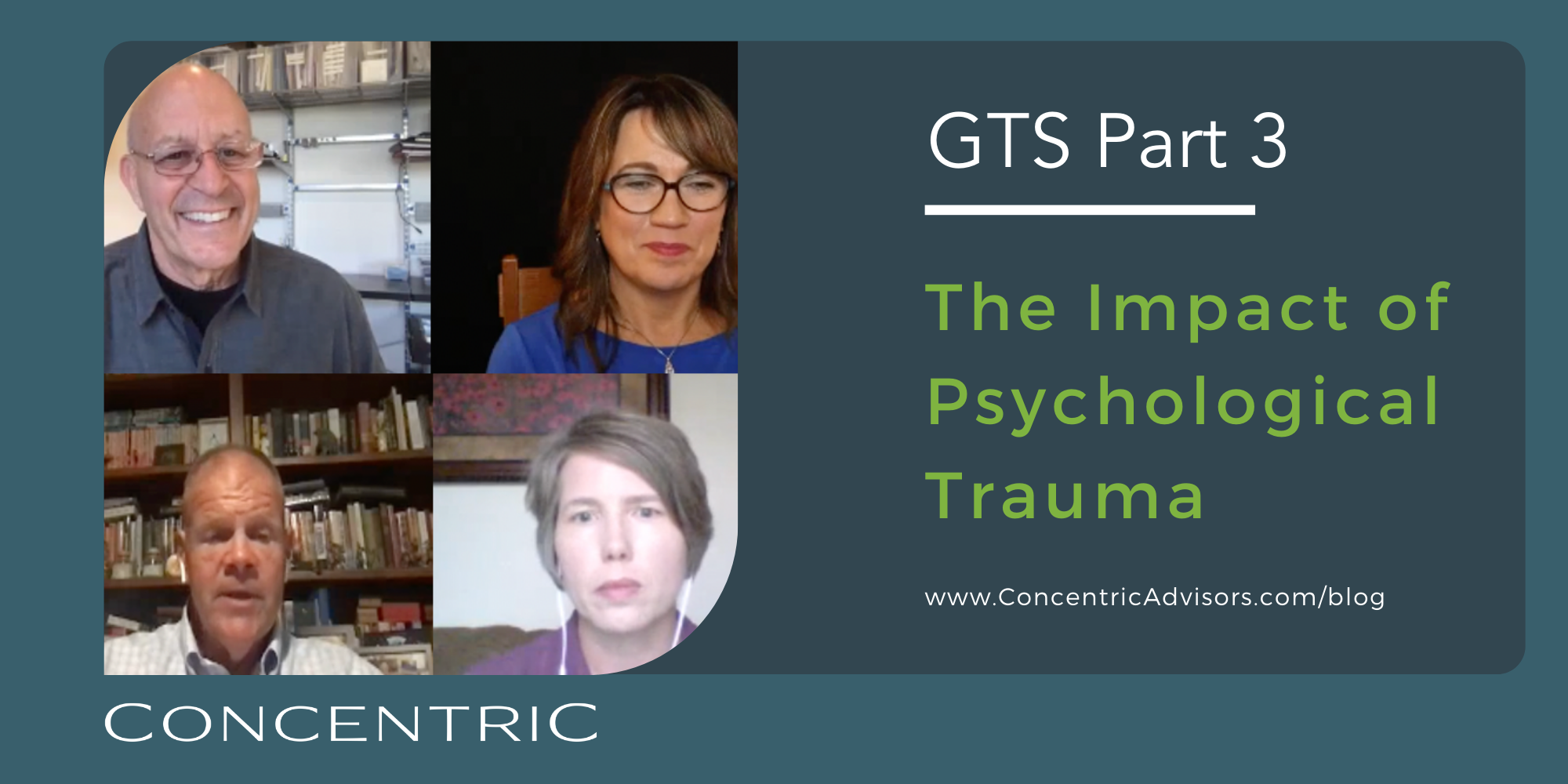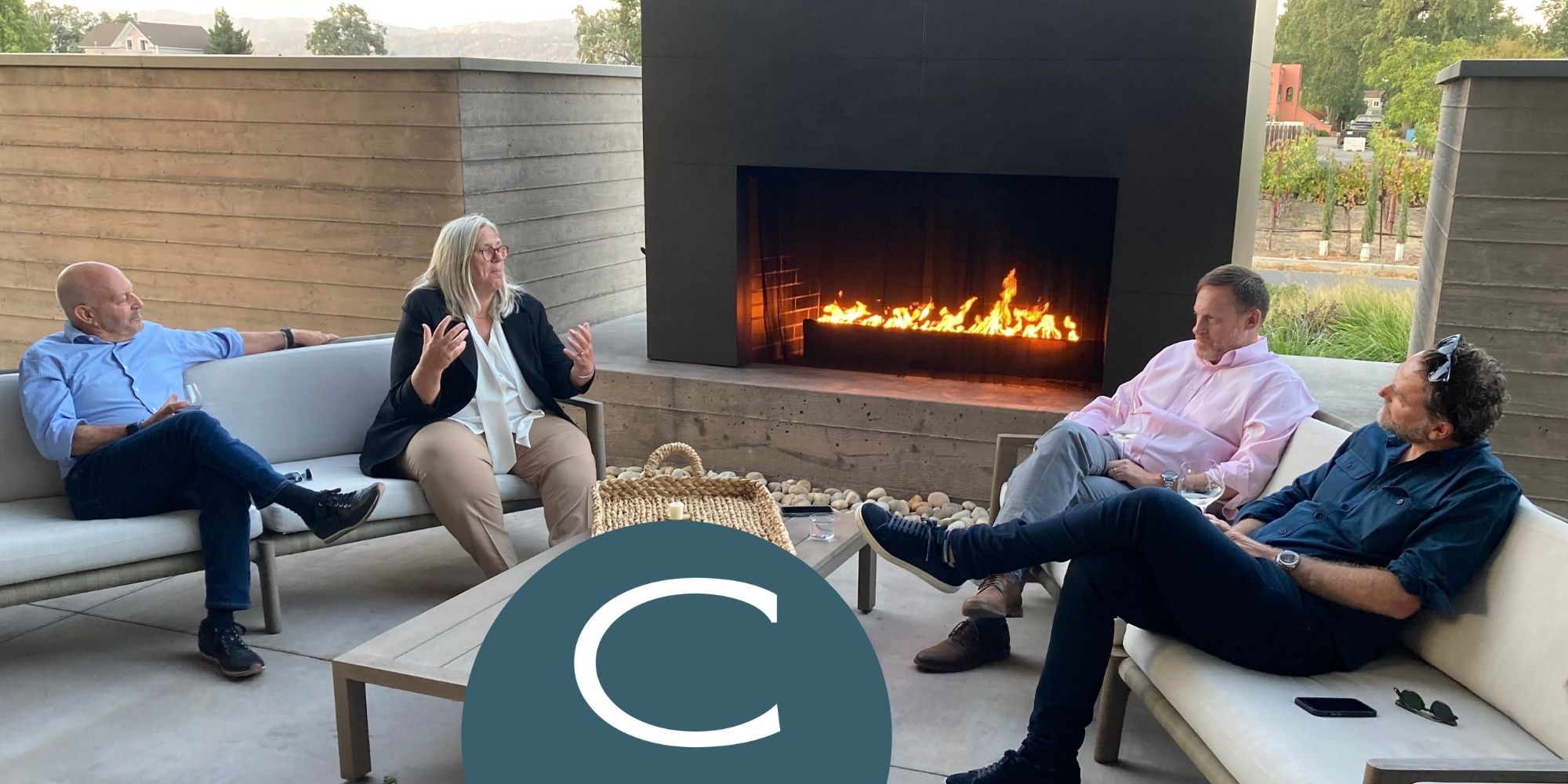The year of 2020 will be cemented in the minds of most as a year of trauma. That trauma has ranged from tension with Iran to Australian bushfires to COVID 19 to the BLM movement and extreme weather in the US with double hurricanes and west coast forest fires and now family holidays spent apart. In a year that continues to provide new manners of stress in our lives, paying attention to the psychological trauma of it all is of critical importance. Back in June, Concentric hosted Part 3 of the “Getting to September” series and invited three experts within the field of both psychological analysis as well as extensive leadership experience to discuss trends, recommendations, and available resources. Concentric CEO, Mike LeFever, hosted the panel which included General Robert Neller, Dr. Rebecca Bolante, and Dr. Karie Gibson.
Our Esteemed Panel
General Robert Neller was the 37th Commandant of the Marine Corps and brings 44 years of leadership experience in crises. From personal experiences of returning back from war zones when he “wasn’t ready” to assisting his own team maintain primacy on their own mental health, Bob represents the leadership challenges presented during these continuous and ongoing crises.
Dr. Rebecca Bolante, of bolante.net is the Director of Behavioral Threat Assessments with the Association of Threat Assessment Professionals with direct experience and education in disaster behavioral health and disability counseling. Additionally, Dr. Bolante is the Managing Director of bolante.net which is a threat assessment and disaster behavior health training and consultation organization.
Dr. Karie Gibson joins us from the Behavioral Threat Assessment Center within the FBI’s Behavioral Analysis Unit which works with federal and state law enforcement to prevent acts of targeted violence. With her experience of preventing and responding to targeted acts of violence, Dr. Gibson provides statistics and warning signs with which we can increase our own awareness.
Dr. Bolante discussed the range of psychological trauma being experience world wide “from COVID to difficult conversations with racism, there has been an increase in anxiety, cognitive fog from stress at work and home, economic stress, and reintegration ambiguity”. In Dr. Gibson’s experience of working on multiple completed acts of targeted violence, there was no profile for active shooters but rather it comes down to the amount of stressors to resources ratio possessed by the assailant; “if they don’t have the resources, they are pushed into a corner to act”. Both speakers emphasized the need to connect with people on their grievances and enable a culture of sharing.
Highlights of the Interview
In General Neller’s experience, “there is nothing that sounds so sweet to a human being as the sound of their own name”. He discusses the importance of not only ensuring you are connecting with your people in your organization, but also identifying someone who possesses the “red card”, meaning they can have blunt conversations with you, as a leader, about your communication, intent, and even self-care prioritization.
Responding to a question from the interactive audience, Dr. Gibson identified some of the associated warning signs prior to committed acts of targeted violence: behavior change and/or concerning behaviors, a leak to social media or friends, ideation of previous attackers, increased/changed stressors, and specifically having experienced a humiliating event in the year or two leading up to the attack.
In summary, both Dr Gibson and Dr Bolante recommended against making any assumptions, prioritizing psychological first aid, monitoring compassion fatigue, and ensuring resources were not only explored but utilized. These recommendations apply for even those consulting or providing these services to others; “even plumbers’ pipes leak”.
For their resources mentioned, please refer to the following websites:
- https://bolante.net/our-services
- https://bolante.net/courses
- Psychological First Aid
- https://www.samhsa.gov/node/669643
- https://bolante.net/bolantenet-articles
- https://proqol.org/ProQol_Test.html
- https://www.fbi.gov/resources
- https://www.fbi.gov/resources/library
- “Making Prevention a Reality”
- “A Study of Pre-Attack Behaviors of Active Shooters in the US”
- “Lone Offender”
- https://alerrt.org/






